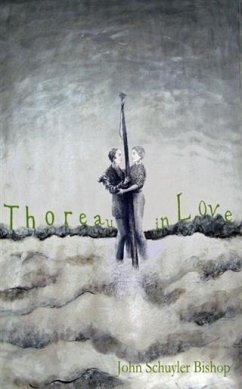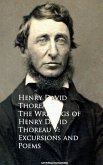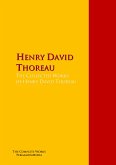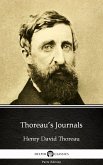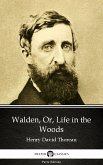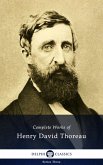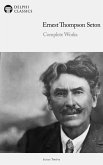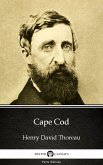In his journals, the 250-some pages about his trip to New York have been ripped out, the only substantial number of pages missing from the forty-seven journal volumes. What was so scandalous that Thoreau-or, more likely, his literary executor-decided no one should see it?
And why did Thoreau stay only six months in New York?
Thoreau's biographers go out of their way to convince us that the writer was heterosexual, although he never married and wrote freely in his journal about the beauty of men. His poem "Sympathy," one of the few published in his lifetime, is a love poem to a boy who was his student. About that poem, one celebrated biographer went so far as to say, "When he wrote 'he' Thoreau really meant 'she,' and when he wrote 'him,' he really meant 'her.'" When in his journal Thoreau wrote, "There is more than maiden modesty between us . . . I have no feature so fair as my love for him," that same biographer said, "There is little doubt that 'her' was meant. . . . There are, indeed, many passages . . . where Henry's emotional experiences with women are memorialized under a camouflage of masculine pronouns."
By denying Thoreau's real sexuality, scholars have reduced him to a wooden icon. But this sexuality can humanize the man.
"Thoreau in Love" imagines the time of the missing pages, when Thoreau emerged from his shell and explored the wider world and himself before he returned to Concord, where he fearlessly lived the rest of his life and became the great naturalist and literary giant.
Dieser Download kann aus rechtlichen Gründen nur mit Rechnungsadresse in A, B, BG, CY, CZ, D, DK, EW, E, FIN, F, GR, HR, H, IRL, I, LT, L, LR, M, NL, PL, P, R, S, SLO, SK ausgeliefert werden.

